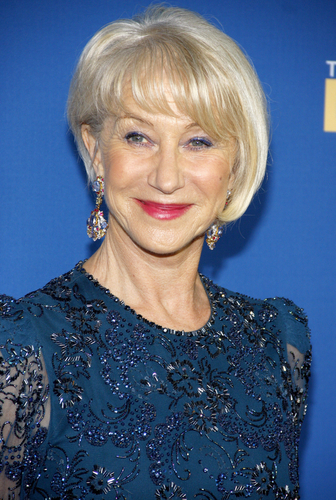Helen Mirren grows pomegranates outside of acting
By Diego Flammini
Assistant Editor, North American Content
Farms.com
When she’s not busy collecting awards for her various roles on TV, film and Broadway, Oscar-winning actress Helen Mirren plays the role of pomegranate farmer on her farm in Salento, Italy.
“Apart from acting, my other job is that of a pomegranate farmer,” she said in an interview with OK! Magazine. “My husband (Taylor Hackford) and I have planted over 400 pomegranate trees and we're producing juice for the market. The juice is delicious.”
Mirren’s ultimate goal is to start selling pomegranate juice in Italy, and then take the business as far as she can.

"Our little company is still in the early stages but we want to sell our juice in Italy and abroad,” she told OK!. “I love the people of Salento, I love Italy and I love the climate there. The first time I saw the full moon rising from the sea and shining on my pomegranates, I burst into tears.”
Just like with some roles she’s had to prepare for, farming has presented Mirren with its own challenges.
"At the beginning it was very complicated and I was getting discouraged,” she said.
But Mirren said she had an ‘a-ha’ moment when she saw a man riding a bicycle and realized she was where she belonged.
According to various sources, countries including India, Afghanistan and Iran rank among the global leaders in pomegranate production.